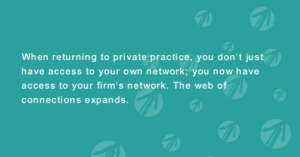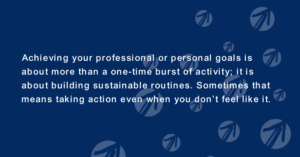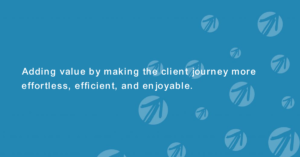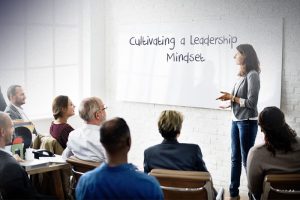
Returning to Private Practice: How Lawyers Can Find Authentic and Valuable Ways to Connect with their External Networks to Rebuild a Book of Business
One way to rebuild a book of business when returning to private practice is by building collaborative relationships with partners in their firm, which we









